Quantum computing is an emerging field that has the potential to revolutionize various industries, including artificial intelligence (AI). As quantum computers become more powerful and accessible, they offer exciting possibilities for enhancing AI applications and solving complex problems that are currently beyond the capabilities of classical computers. In this article, we will explore the relationship between quantum computing and AI, the potential impact on different aspects of AI, and the challenges and opportunities ahead.
Artificial intelligence has significantly advanced in machine learning, natural language processing, and computer vision in recent years. However, there are still limitations to what classical computers can achieve, especially when it comes to solving complex optimization problems or simulating quantum systems. This is where quantum computing comes into play.
What is quantum computing?
Quantum computing is a field of study that utilizes the principles of quantum mechanics to process information. Unlike classical computers that use bits to represent information as either a 0 or a 1, quantum computers use quantum bits or qubits, which can exist in a superposition of both 0 and 1 simultaneously.
How does quantum computing work?
In classical computing, information is processed using logic gates that manipulate bits. In quantum computing, quantum gates are used to manipulate qubits. These gates can perform superposition, entanglement, and measurement operations, enabling quantum computers to perform complex computations in parallel.
Quantum bits (qubits) & superposition
A key property of qubits is superposition, allowing them to exist simultaneously in multiple states. This property enables quantum computers to explore multiple solutions to a problem simultaneously, providing exponential speedup for specific calculations compared to classical computers.
Relationship between Quantum Computing & Artificial Intelligence:
Following are the top relationships between Quantum computing and artificial Intelligence.
Current limitations of classical computing
Classical computers, while powerful, have their limitations. As AI applications become more complex and require vast data processing, classical computers struggle to keep up. Tasks such as optimizing machine learning algorithms or simulating complex quantum systems can be time-consuming and resource-intensive.
Potential for quantum computing in AI applications
Quantum computing holds the potential to overcome the limitations of classical computers and revolutionize AI applications. By leveraging the power of qubits and quantum gates, quantum computers can tackle complex optimization problems more efficiently, accelerate data analysis and pattern recognition, and simulate quantum systems with greater accuracy.
Quantum Machine Learning
Enhancing machine learning algorithms with quantum computing
Quantum machine learning is an area that aims to enhance traditional machine learning algorithms using quantum computing techniques. By leveraging the power of qubits and quantum gates, quantum machine learning algorithms can explore multiple solutions simultaneously, enabling faster and more efficient optimization processes.
Solving complex optimization problems
Quantum computing has the potential to revolutionize optimization problems, which are fundamental to many AI applications. Quantum algorithms, such as the Quantum Approximate Optimization Algorithm (QAOA) and the Variational Quantum Eigensolver (VQE), can provide faster and more accurate solutions to complex optimization problems. This capability can significantly improve recommendation systems, portfolio optimization, and resource allocation.
Improving data analysis and pattern recognition
Another area where quantum computing can enhance AI applications is data analysis and pattern recognition. Quantum algorithms, such as the Quantum Support Vector Machine (QSVM) and the Quantum K-means clustering algorithm, can process large datasets more efficiently and identify complex patterns that may be challenging for classical algorithms. This advancement can lead to more accurate predictions, personalized recommendations, and improved anomaly detection.
Quantum Neural Networks
Quantum-inspired neural networks
Quantum computing has inspired the development of quantum neural networks, which are neural networks designed to leverage quantum principles and architectures. These networks can take advantage of the quantum properties of qubits, such as superposition and entanglement, to perform computations in parallel and potentially achieve higher computational power than classical neural networks.
Quantum neural network architectures
Various architectures of quantum neural networks have been proposed, such as the Quantum Hopfield Network and the Quantum Boltzmann Machine. These networks can be used for pattern recognition, optimization, and generative modeling. Quantum neural networks have the potential to enhance the capabilities of AI systems, enabling them to process and learn from complex data more effectively.
Quantum-based deep learning
Deep learning, a subfield of AI that has achieved remarkable success in recent years, can also benefit from quantum computing. Quantum-inspired deep learning models, such as the Quantum Convolutional Neural Network and the Quantum Recurrent Neural Network, aim to harness the power of quantum computing for training and inference processes. These models can accelerate training time, improve model interpretability, and efficiently handle complex data structures.
Quantum Simulations and Modelling
Simulating quantum systems
Quantum computers can simulate quantum systems, essential for understanding and developing new materials, drugs, and chemical reactions. Simulating quantum systems accurately is computationally challenging for classical computers, as the number of variables and interactions grows exponentially with system size. Quantum simulators can provide more accurate predictions, enabling scientists to accelerate research and discovery in chemistry, physics, and materials science.
Accelerating scientific research and discovery
Combining quantum computing and AI can accelerate scientific research and discovery by enabling faster simulations, data analysis, and optimization processes. Researchers can use quantum algorithms to explore complex parameter spaces, optimize experimental designs, and analyze large datasets more efficiently. This interdisciplinary collaboration between quantum computing and AI can lead to breakthroughs in various scientific disciplines.
Quantum simulations for drug discovery and material science
In drug discovery and material science, quantum simulations can be crucial in designing new drugs, understanding molecular interactions, and discovering novel materials. Quantum computers can simulate the behavior of molecules, predict their properties, and guide the discovery of new compounds with specific desired characteristics. This capability can significantly reduce the time and cost of developing new drugs and materials.
Challenges and Limitations
Technical hurdles in quantum computing
While quantum computing holds tremendous potential, several technical challenges must be addressed. One major challenge is the high susceptibility of qubits to errors and noise, which can lead to inaccurate computations. Researchers are developing error correction techniques and more stable qubit technologies to mitigate these challenges.
Integration challenges with existing AI infrastructure
Integrating quantum computing with existing AI infrastructure poses its own set of challenges. Quantum computers require specialized hardware and software; integrating them into traditional AI systems can be complex. There is a need to develop frameworks and tools that allow seamless integration between classical and quantum computing platforms, ensuring interoperability and efficient utilization of resources.
Ethical Considerations and Implications
As quantum computing advances and its applications in AI become more widespread, important ethical considerations must be addressed. The increased computational power of quantum computers raises concerns about data privacy, encryption, and security. As quantum algorithms have the potential to break current cryptographic systems, new encryption methods resistant to quantum attacks must be developed to safeguard sensitive information.
Furthermore, the implications of quantum AI for job displacement and economic inequality need to be carefully examined. While quantum computing can significantly advance AI capabilities, it may also disrupt industries and job markets. Ensuring a smooth transition and providing adequate support and training for individuals affected by these changes will be crucial.
Future Implications and Opportunities
The intersection of quantum computing and AI holds immense potential for various industries and research fields. Here are some future implications and opportunities:
Potential impact on various industries
Combining quantum computing and AI can revolutionize finance, healthcare, logistics, energy, and industries. Quantum machine learning can improve financial forecasting, optimize supply chains, enhance drug discovery processes, and enable efficient energy management systems. The possibilities for innovation and optimization are vast, offering new avenues for growth and productivity.
Advancements in AI research and development
Quantum computing can significantly advance AI research and development. It provides a platform for testing and developing new AI algorithms, improving optimization techniques, and exploring complex data structures. The synergy between quantum computing and AI can drive breakthroughs in natural language processing, computer vision, reinforcement learning, and other AI subfields, pushing the boundaries of what AI can achieve.
Collaboration between quantum computing and AI communities
Quantum computing and AI convergence require collaboration between experts from both fields. Researchers, engineers, and scientists need to work together to develop new quantum algorithms, design quantum-inspired architectures, and address the technical challenges in quantum computing. This collaboration will foster innovation, accelerate progress, and unlock the full potential of quantum computing in AI applications.
Conclusion:
The advent of quantum computing presents exciting opportunities for artificial intelligence. Quantum computers have the potential to overcome the limitations of classical computing and enhance various aspects of AI, including machine learning, neural networks, and simulations. While there are challenges to overcome, such as technical limitations and ethical considerations, the synergy between quantum computing and AI offers a promising future for innovation, scientific discovery, and societal impact. For more visit tech spectrum.
FAQs (Frequently Asked Questions)
Q 1: Can quantum computing completely replace classical computing in AI?
A: Quantum computing has the potential to solve certain problems exponentially faster than classical computers. However, it is unlikely to completely replace classical computing in all aspects of AI. Quantum and classical computers are expected to coexist. Each is used for tasks they excel at.
Q 2: Are quantum algorithms applicable to all AI applications?
A: Quantum algorithms are not universally applicable to all AI applications. Specific problems, such as optimization and simulations, can benefit significantly from quantum algorithms. However, other AI tasks, like natural language processing or image recognition, may not see the same improvement as quantum computing.
Q 3: When can we expect practical quantum AI applications?
A: Practical quantum AI applications are still in the early stages of development. While there have been significant advancements in quantum computing and AI individually, their convergence is an ongoing area of research. It may take several years to see widespread practical applications of quantum AI.
Q 4: What are the main challenges in quantum computing for AI?
A: Some of the main challenges in quantum computing for AI include addressing technical hurdles such as qubit stability and error correction, developing integration frameworks for existing AI infrastructure, and ensuring the security and privacy of quantum AI systems. Additionally, ethical considerations regarding data privacy, encryption, job displacement, and economic inequality must be carefully addressed.
Q 5: How will quantum computing impact data analysis and pattern recognition?
A: Quantum computing has the potential to revolutionize data analysis and pattern recognition tasks in AI. With its ability to process and analyze vast amounts of data simultaneously, quantum algorithms can accelerate data analysis, identify complex patterns, and improve prediction accuracy. This can have significant implications for personalized recommendations, anomaly detection, and fraud detection.






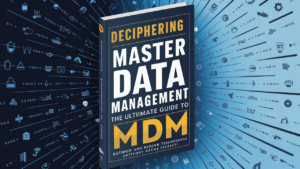



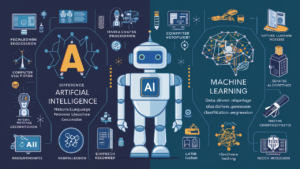
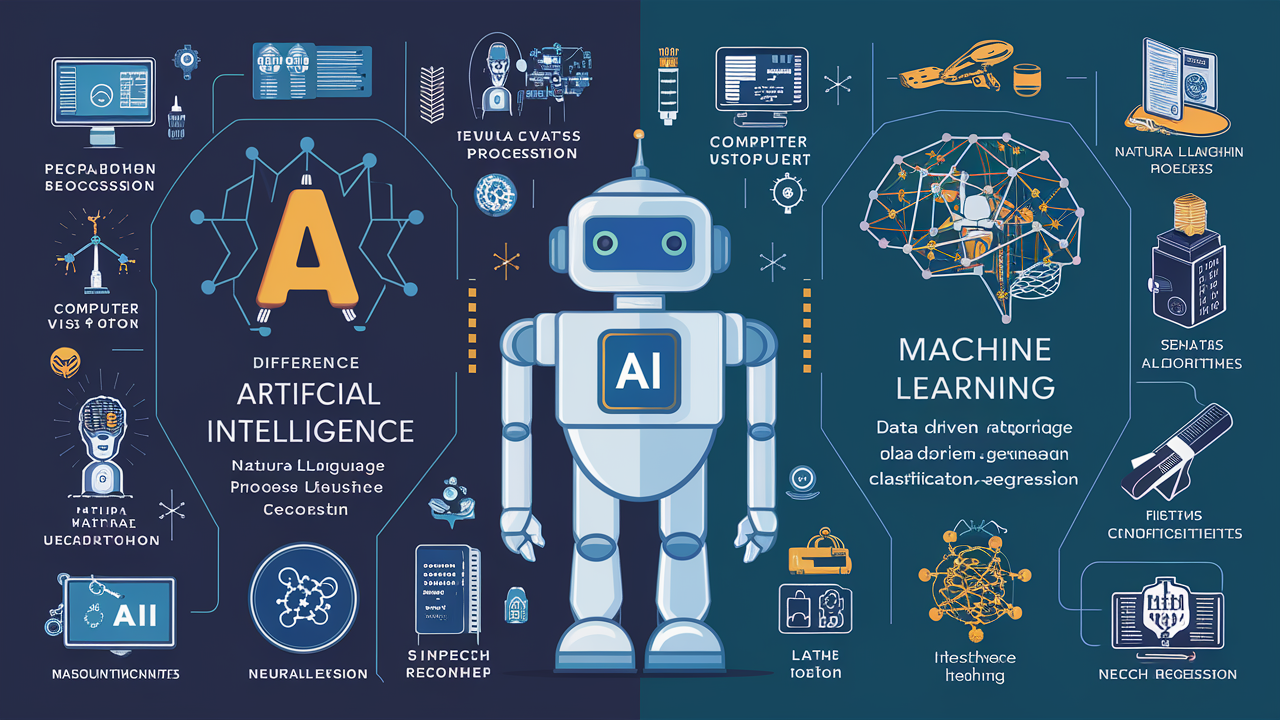
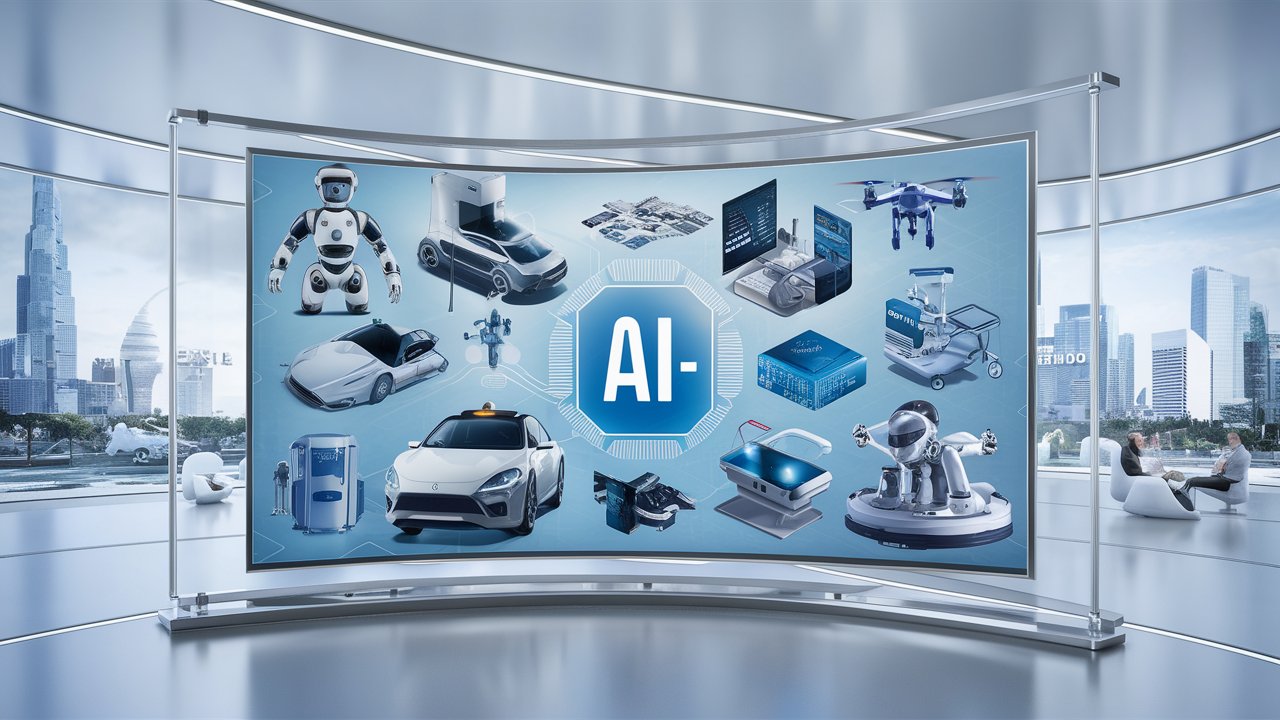


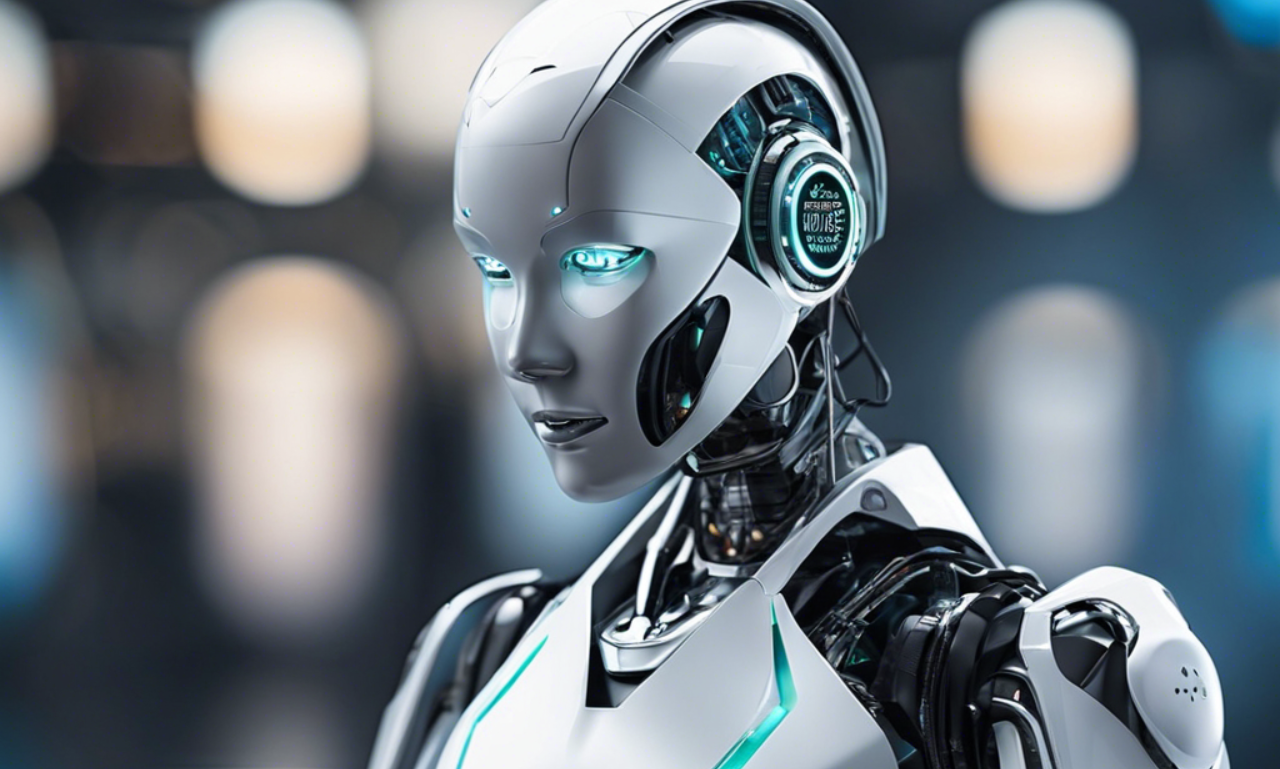

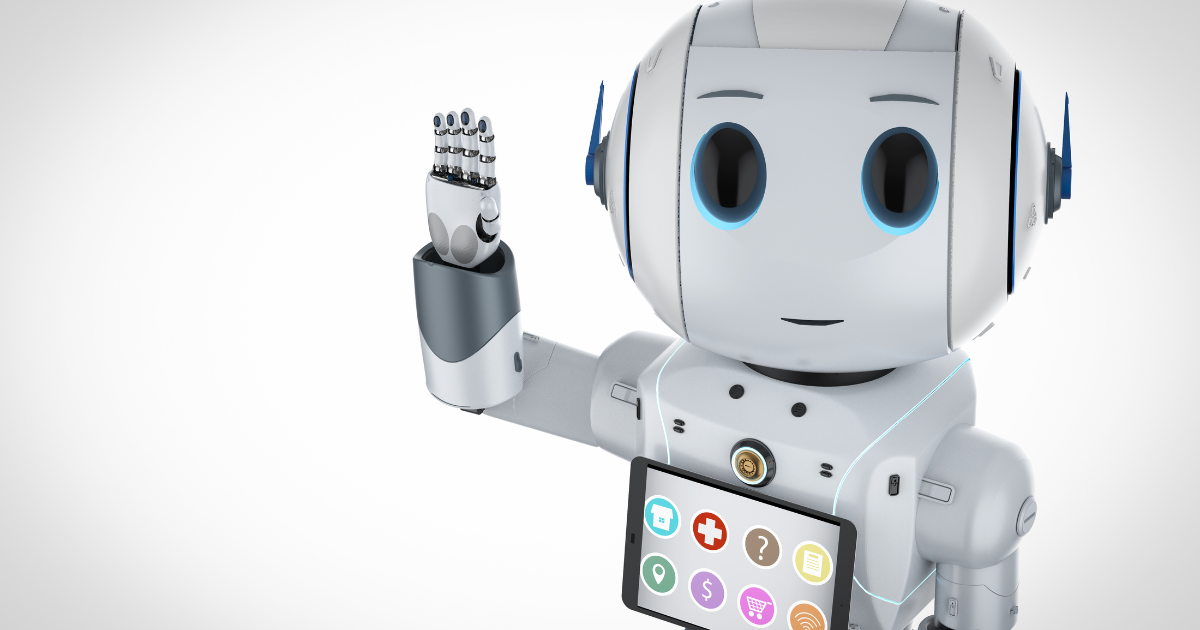



1 thought on “How will Quantum Computing affect Artificial Intelligence applications?”
I always find myself nodding along and agreeing with your wise words Your insights and advice are truly valuable